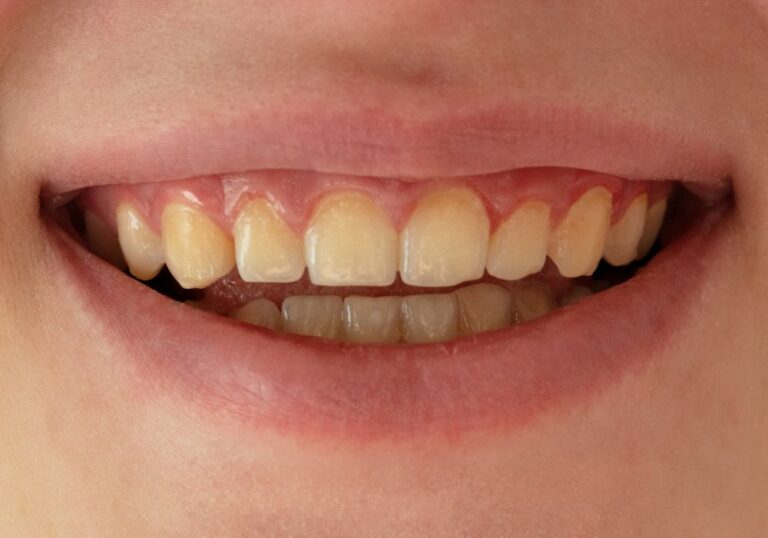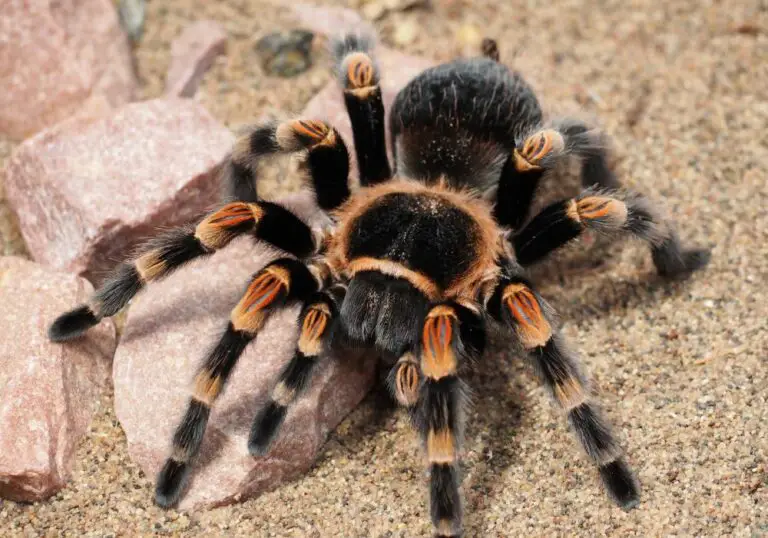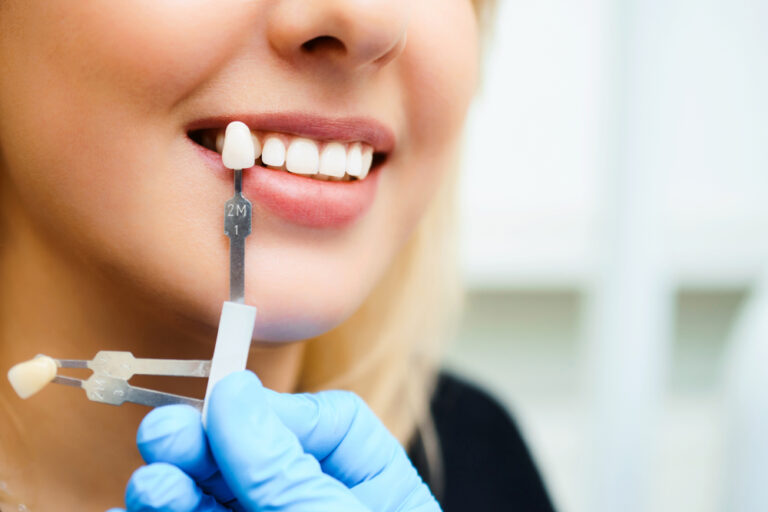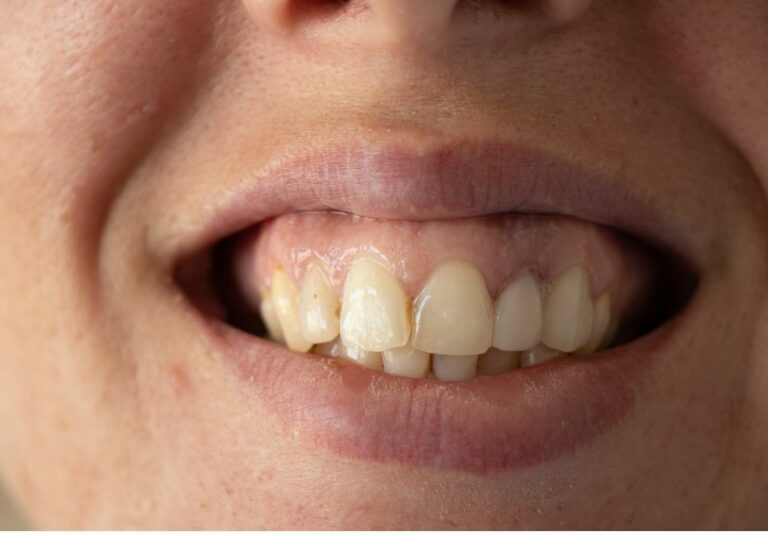If you’re a dog owner, you might be wondering when you should start brushing your furry friend’s teeth. The short answer is: as soon as possible. Ideally, you should start brushing your dog’s teeth when they’re still a puppy, so they can get used to the sensation and develop good dental hygiene habits early on.
Just like humans, dogs can develop dental problems if their teeth aren’t properly cared for. In fact, periodontal disease is one of the most common health issues in dogs, affecting up to 80% of dogs over the age of three. By starting to brush your dog’s teeth early on, you can help prevent dental problems and keep your furry friend’s mouth healthy and clean.
Of course, if you’ve never brushed your dog’s teeth before, it can be a bit daunting. But don’t worry – with a little patience and practice, you can make toothbrushing a part of your dog’s regular routine. In the following sections, we’ll go over some tips and tricks for brushing your dog’s teeth, as well as some common mistakes to avoid. So grab your toothbrush and let’s get started!
Understanding The Importance Of Brushing Your Dog’s Teeth
As a pet owner, it’s important to understand the importance of brushing your dog’s teeth. Just like humans, dogs can suffer from dental problems that can cause pain, discomfort, and even serious health issues if left untreated. Here are some reasons why brushing your dog’s teeth is so important:
Prevents Dental Disease
Regular brushing can help prevent dental disease in dogs. Dental disease is a common problem in dogs, and it can lead to serious health issues if left untreated. By brushing your dog’s teeth regularly, you can help prevent the buildup of plaque and tartar, which can lead to gum disease, tooth decay, and other dental problems.
Promotes Good Overall Health
Good dental hygiene is important for your dog’s overall health. Dental problems can lead to infections that can spread to other parts of the body, including the heart, liver, and kidneys. By brushing your dog’s teeth regularly, you can help prevent these serious health issues.
Saves You Money
Preventing dental disease can save you money in the long run. Dental procedures for dogs can be expensive, and they can also be painful for your furry friend. By brushing your dog’s teeth regularly, you can help prevent the need for costly dental procedures in the future.
Improves Your Dog’s Breath
Regular brushing can help improve your dog’s breath. Bad breath is a common problem in dogs, and it can be caused by dental problems. By brushing your dog’s teeth regularly, you can help eliminate bad breath and keep your furry friend’s mouth smelling fresh.
Overall, brushing your dog’s teeth is an important part of their overall health and wellbeing. By making it a part of your daily routine, you can help prevent dental problems and keep your furry friend healthy and happy.
Identifying The Right Age To Start Brushing
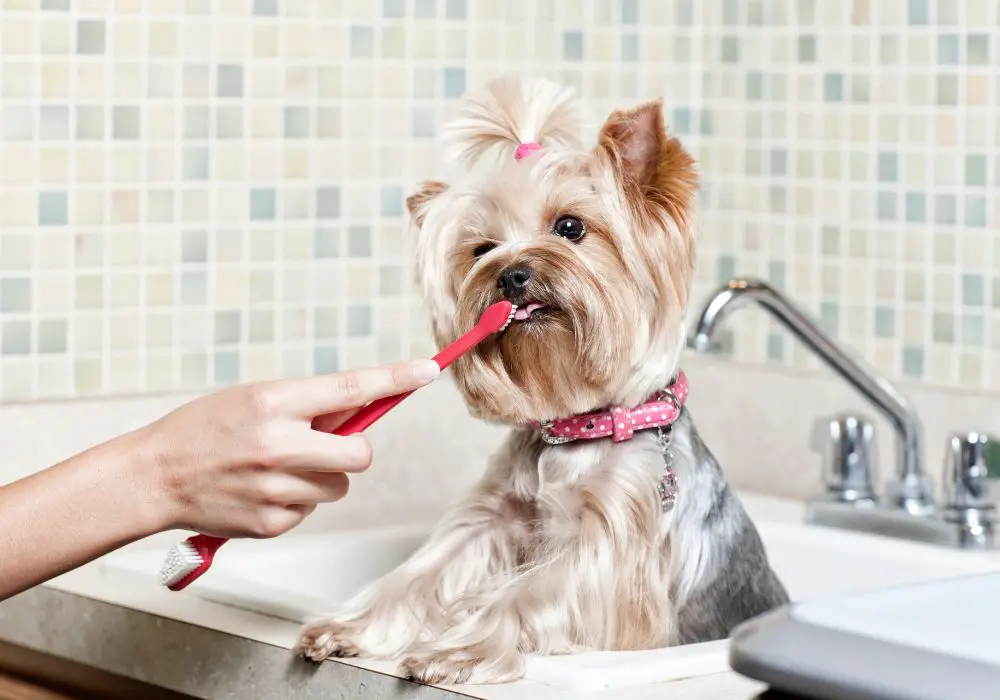
Brushing your dog’s teeth is an important part of their overall health care. However, you may be wondering when is the right time to start brushing your dog’s teeth. Here are some things to consider:
Age
It is recommended to start brushing your dog’s teeth when they are puppies, ideally around 8 to 12 weeks old. This is the age when their adult teeth start coming in, and it’s important to establish good oral hygiene habits early on. However, if you have an older dog who hasn’t had their teeth brushed before, it’s never too late to start.
Breed
Certain breeds are more prone to dental issues than others. For example, small breeds like Chihuahuas and Yorkshire Terriers are more likely to have dental problems than larger breeds like Great Danes. If you have a breed that is prone to dental issues, it’s important to start brushing their teeth early on to prevent problems from developing.
Signs of Dental Issues
It’s important to keep an eye out for signs of dental issues in your dog, such as bad breath, swollen or bleeding gums, and loose teeth. If you notice any of these signs, it’s important to take your dog to the vet for a dental check-up. Your vet may recommend starting a dental care routine, including brushing your dog’s teeth, to prevent further issues from developing.
In conclusion, it’s important to start brushing your dog’s teeth early on to establish good oral hygiene habits and prevent dental issues from developing. Keep an eye out for signs of dental issues and take your dog to the vet for regular dental check-ups.
Steps To Start Brushing Your Dog’s Teeth
Selecting The Right Tools
Before you start brushing your dog’s teeth, you need to make sure that you have the right tools. Here are some things that you will need:
- Dog toothbrush: You can use a regular toothbrush, but a dog toothbrush is designed specifically for their teeth and is easier to use.
- Dog toothpaste: Do not use human toothpaste, as it can be harmful to dogs. Dog toothpaste comes in different flavors and is safe for them to swallow.
- Treats: Use treats as a reward for your dog to make the process more enjoyable.
Initiating The Process
Now that you have the right tools, it’s time to initiate the process of brushing your dog’s teeth. Here are some steps to follow:
- Introduce the toothbrush and toothpaste to your dog. Let them sniff and taste it to get used to the new flavors and textures.
- Start by using your finger to rub the toothpaste on your dog’s teeth. This will help them get used to the sensation.
- Once your dog is comfortable with the toothpaste, introduce the toothbrush. Start by brushing only a few teeth at a time.
- Praise and reward your dog with treats throughout the process to make it a positive experience.
Establishing A Routine
Establishing a routine is crucial to maintaining your dog’s dental health. Here are some tips to help you establish a routine:
- Brush your dog’s teeth at least two to three times a week.
- Choose a time of day that works for both you and your dog, such as after a meal or before bedtime.
- Be consistent with your routine to make it a habit for both you and your dog.
- Monitor your dog’s dental health and visit your veterinarian regularly for check-ups.
By following these steps, you can ensure that your dog’s teeth are healthy and clean. Remember to be patient and consistent, and always reward your dog for good behavior.
Signs Your Dog Needs Dental Care
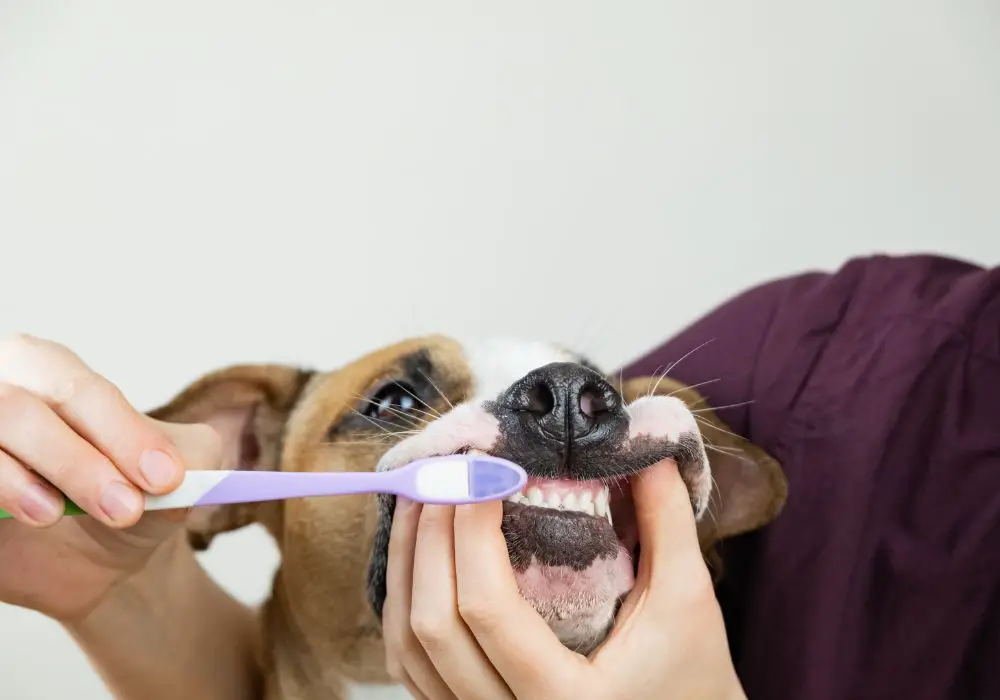
Just like humans, dogs need regular dental care to maintain good oral hygiene. However, unlike humans, dogs cannot brush their teeth themselves, so it’s important for you to keep an eye out for signs that your furry friend needs dental care. Here are some signs that your dog may need dental care:
Bad Breath
If your dog’s breath smells bad, it could be a sign of dental problems. While it’s normal for a dog’s breath to be a bit stinky, if the odor is particularly strong or unpleasant, it could be a sign of dental disease.
Discolored Teeth
If your dog’s teeth are yellow or brown, it may be a sign of tartar buildup. Tartar is a hard, yellowish substance that forms on teeth when plaque is not removed. Tartar buildup can lead to gum disease and tooth decay.
Swollen or Bleeding Gums
If your dog’s gums are swollen or bleeding, it’s a sign of gum disease. Gum disease is a common problem in dogs and can lead to tooth loss if left untreated.
Difficulty Eating
If your dog is having difficulty eating, it could be a sign of dental problems. Tooth pain or gum disease can make it painful for your dog to eat, which can lead to weight loss and other health problems.
Pawing at the Mouth
If your dog is pawing at their mouth or rubbing their face on the ground, it could be a sign of dental pain. Toothaches and gum disease can be very painful for dogs, and they may try to relieve the pain by pawing at their mouth.
By keeping an eye out for these signs, you can catch dental problems early and prevent them from getting worse. If you notice any of these signs, it’s important to take your dog to the vet for a dental checkup. Your vet can recommend the best course of treatment to keep your dog’s teeth and gums healthy.
Professional Dental Care For Dogs
Regular dental care for your furry friend is essential to maintain their overall health and well-being. While brushing your dog’s teeth at home is a great start, professional dental care is also necessary to ensure that your dog’s teeth and gums are healthy.
Professional dental care for dogs is typically performed by a veterinarian under general anesthesia. This allows your vet to thoroughly examine your dog’s mouth and teeth, clean their teeth, and treat any dental issues that may be present.
During a professional dental cleaning, your vet will remove plaque and tartar buildup from your dog’s teeth, both above and below the gum line. They will also polish your dog’s teeth to help prevent future plaque buildup.
Your vet may also perform dental x-rays to check for any underlying dental issues, such as tooth decay or abscesses. If any issues are found, your vet will work with you to develop a treatment plan to address them.
It is recommended that dogs receive professional dental cleanings at least once a year, although some dogs may require more frequent cleanings depending on their individual needs. Your vet can help you determine the best schedule for your dog.
In addition to professional dental cleanings, it is important to maintain a regular at-home dental care routine for your dog. This includes daily tooth brushing, as well as providing dental chews and toys to help keep your dog’s teeth clean and healthy.
By taking a proactive approach to your dog’s dental care, you can help ensure that they maintain a healthy and happy smile for years to come.
Tips To Maintain Your Dog’s Oral Health
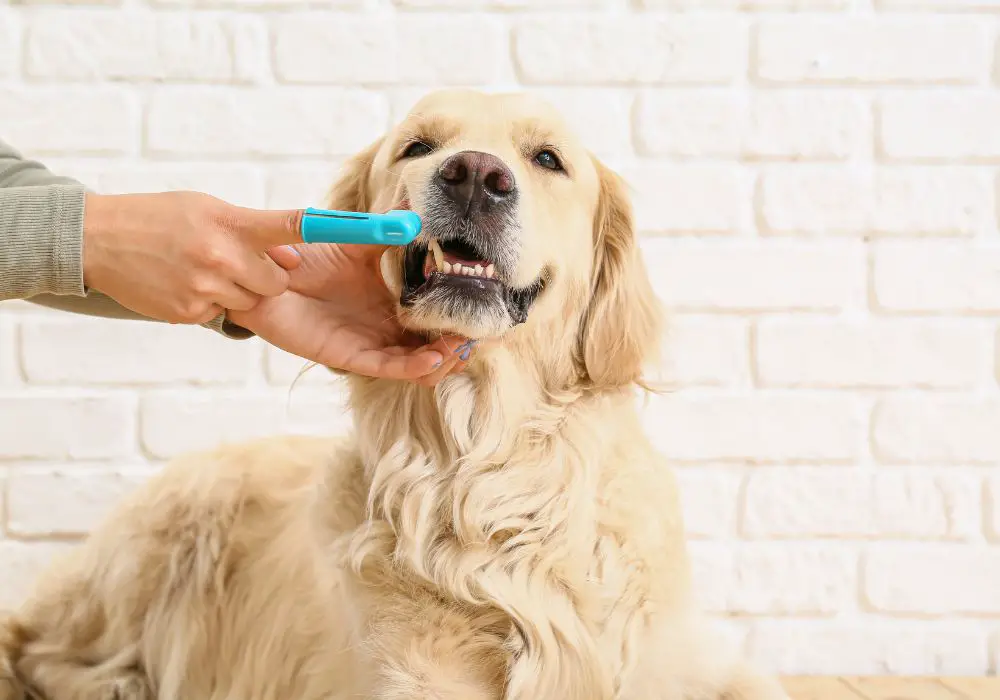
Taking care of your dog’s oral health is important to prevent dental problems and keep your furry friend healthy and happy. Here are some tips to help you maintain your dog’s oral health:
Dietary Measures
Your dog’s diet plays an important role in maintaining their oral health. Feeding them a well-balanced diet that is rich in nutrients can help keep their teeth and gums healthy. Avoid giving them sugary treats and table scraps, as these can lead to dental problems such as cavities and gum disease.
Chew Toys
Chew toys are a great way to keep your dog’s teeth clean and healthy. The act of chewing helps to scrape away plaque and tartar buildup, reducing the risk of dental problems. Choose chew toys that are appropriate for your dog’s size and chewing habits, and make sure to supervise them while they are chewing to prevent choking.
Regular Check-Ups
Regular check-ups with your veterinarian are essential to maintaining your dog’s oral health. During these visits, your vet will examine your dog’s teeth and gums, and may recommend professional cleaning if necessary. They can also provide advice on how to care for your dog’s teeth at home, and recommend products such as toothbrushes and dental chews.
By following these tips, you can help keep your dog’s teeth and gums healthy and prevent dental problems. Remember to always consult with your veterinarian if you have any concerns about your dog’s oral health.
Frequently Asked Questions
What is the best toothbrush for my puppy?
When it comes to choosing a toothbrush for your puppy, it’s best to select a brush that is specifically designed for dogs. A soft-bristled toothbrush with a small head is ideal for puppies. You can find dog toothbrushes at your local pet store or online.
How often should I brush my dog’s teeth?
It’s recommended to brush your dog’s teeth at least two to three times a week. However, the more often you brush your dog’s teeth, the better. Daily brushing is ideal, but if that’s not possible, aim for at least every other day.
Can I use human toothpaste on my dog’s teeth?
No, you should never use human toothpaste on your dog’s teeth. Human toothpaste contains ingredients that can be harmful to dogs if swallowed. Instead, use a toothpaste that is specifically designed for dogs. These toothpastes are safe for dogs to swallow and come in flavors that dogs love, such as chicken or beef.
How do I brush my puppy’s teeth?
To brush your puppy’s teeth, start by getting your puppy used to having their mouth touched. Gently lift their lip and touch their teeth and gums with your finger. Once your puppy is comfortable with this, you can introduce the toothbrush. Apply a small amount of dog toothpaste to the brush and brush your puppy’s teeth in a circular motion. Be sure to get both the front and back teeth.
Are dental chews a good alternative to brushing?
While dental chews can help reduce plaque and tartar buildup, they should not be used as a substitute for brushing your dog’s teeth. Regular brushing is the best way to keep your dog’s teeth and gums healthy. Dental chews can be used as a supplement to brushing, but they should not be relied on as the sole method of dental care.
What happens if I don’t brush my dog’s teeth?
If you don’t brush your dog’s teeth, plaque and tartar will build up on their teeth, which can lead to gum disease, tooth decay, and bad breath. Over time, gum disease can cause tooth loss and may even lead to more serious health problems, such as heart disease. Regular brushing is essential for your dog’s dental health and overall well-being.



